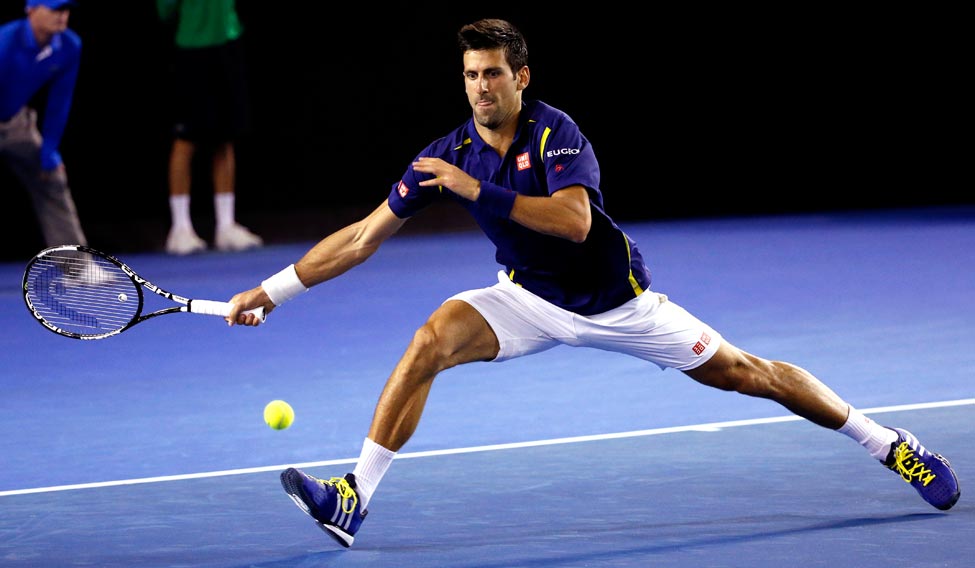Mating with a large number of partners may not be as good an indicator of success as it appears, a research has shown.
Scientists from the University of Exeter's Penryn Campus in Cornwall found that men who mate with multiple partners may actually experience a reduction in paternity rates, due to sperm competition, as their partners will also mate with many other males.
The team, from the Centre for Ecology and Conservation, used video cameras to study both competition among male field crickets (Gryllus campestris) and their mating habits in the wild.
They found that more promiscuous males tend to mate with more promiscuous females, and their sperm faces more competition as a result.
"The pattern we found suggests that males that mate more often may actually lose paternity through sperm competition," said David Fisher from the University of Exeter-Penryn.
"It might seem more logical to think that more sexual encounters would lead to a higher number of offspring, but this isn't necessarily the case—in fact, especially strong sperm competition would mean the opposite," Fisher added.
The research was published recently in the journal Behavioural Ecology.






